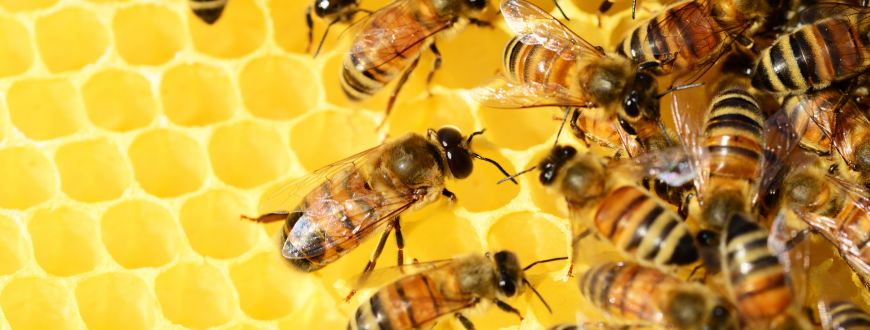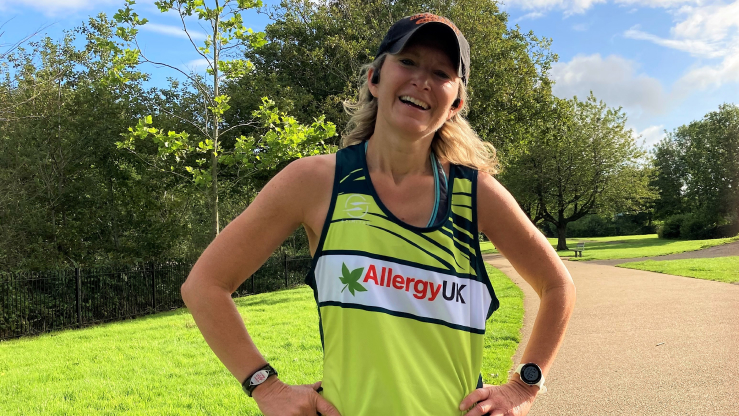
Bees and wasps are common in the warmer weather toiling away during spring, summer and early autumn. Bees generally don’t sting unless they are disturbed or feel threatened. There are many types of bees but honey bees are the most likely variety to sting, they generally only cause a problem to beekeepers. Wasps however are more likely to sting when they feel threatened and have a lance like stinger that can sting an individual multiple times.
Allergy to wasp stings are the most common venom allergy in the UK, however you do not need a history of allergy to be allergic to bees or wasps. Most people are allergic to either wasp or bees, it is unusual to be allergic to both wasps and bee stings. While most reactions to bee and wasp stings are mild, severe allergic reactions can sometimes occur as a result of a bee or wasp sting, however deaths from stings are extremely rare.
Useful Tips
- Avoidance of stinging insects is important to prevent an allergic reaction, but if a bee or wasps is near try to stay calm and still, gently brush the insect away if it lands on you.
- Avoid wearing brightly coloured clothing and highly scented perfume and fragrances as this may attract wasps and bees, instead opt for pastel or light clothing that covers exposed areas including hats with a brim to protect the face.
- Wear gloves and try to cover up exposed body sites with clothing whilst gardening.
- Be aware, Insect repellents may not work against wasps and bees
- Wasps and bees are attracted to food and drink, keep uneaten food covered especially when outside and avoid drinking out of cans (beer or soft drinks), as wasps can crawl inside cans where they are not seen until the drinker puts the can to their lips.
- Wash your hands and face after eating any sticky or sugary foods (especially children) to prevent attracting wasps and bees.
- Avoiding sitting beside common areas that attract bees and wasps such as refuse bins and flower gardens.
- Don’t pick up fallen fruit. The side you cannot see may have a wasp in it.
- Avoid walking barefoot or even in open toed sandals on grass, especially if clover is present.
- In the car if you are allergic to bees or wasps, drive with the windows up and the air conditioner on.
- Avoid high risk hobbies such as bee keeping if you are allergic to bees. For bee keepers keep hives away from the house to prevent risk of stinging others in the home.
Sign Up For More Information
It is important to Allergy UK that we can engage with all people that are affected by allergic disease
Join our mailing list





 Helpline
Helpline